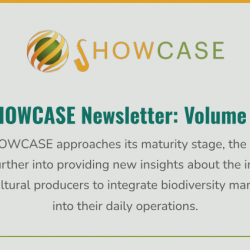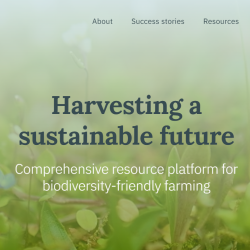
30 May 2024
The SHOWCASE project has made significant progress towards creating a comprehensive platform to communicate the benefits of agrobiodiversity to farmers, namely Living Fields. The initiative aims to provide farmers with high-quality information on the benefits of biodiversity in agriculture, thus ensuring the uptake of SHOWCASE results. It will ensure...

28 May 2024
As part of the SHOWCASE project's ongoing efforts to disseminate its research and practical outcomes, partners have been actively engaging with various stakeholders, including policymakers, local authorities and international organisations. These engagements aim to share the project's findings, promote the adoption of biodiversity-friendly agricultural...

28 May 2024
SHOWCASE project member Dr. Ignasi Bartomeus, representing the Spanish National Research Council (CSIC), recently published a blog post in the EcoMandanga Blog - a popular Spanish outlet for ecology-related news. He explores the inherent link between science and policy, urging scientists to recognise this connection and improve their transparency in...
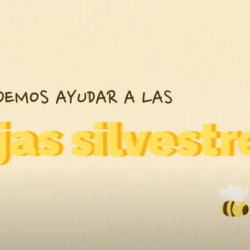
27 May 2024
Have you ever wondered what you could do to save the bees? You can find the answer to this question in this short animated video created by SHOWCASE partner The Spanish National Research Council (CSIC) in collaboration with the AbejasSilvestres association.
Bees play a vital role in ecosystems worldwide as essential pollinators, facilitating the...

23 May 2024
A SHOWCASE-funded paper, written by project partners The Spanish National Research Council (CSIC), Agroscope, HUN-REN Centre for Ecological Research, University of Cadiz, University of Evora, University of Reading, Wageningen University and Research, Swedish University of Agriculture Sciences Agricultural, in collaboration with Aarhus University and...
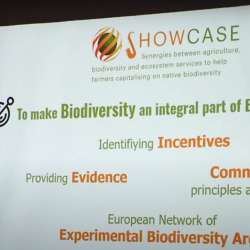
22 May 2024
SHOWCASE member Dr. Elena Velado-Alonso, representing CSIC, recently gave a presentation on her work within the project at a seminar held by Estación Biológica de Doñana, titled The SHOWCASE experience: Science communication, co-design & results from the Spanish intervention. The seminar presented the Spanish experience addressing important aspects...
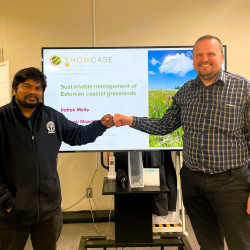
16 May 2024
SHOWCASE project partners, Dr Indrek Melts and Ms Aki Kadulin from the Estonian University of Life Sciences, visited the University of Toyama in Japan, from 5 April to 27 April, to promote understanding and cooperation in the sustainable management of semi-natural grasslands. Ms Aki Kadulin's participation was funded by a scholarship from the Kristjan...

14 May 2024
This press release was published by EurekAlert! and AlphaGalileo.
Pollinators like bees, butterflies and hoverflies are essential for transferring genetic material crucial for the reproduction of flowering plants, sustaining fruits, vegetables and fibres, as well as supporting biological diversity and climate change adaptation in food production...
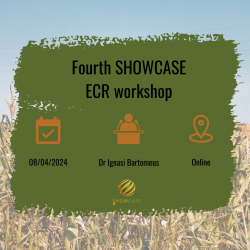
10 April 2024
On 8 April, SHOWCASE had its fourth workshop for Early Career Researchers (ECRs) led by Dr. Ignasi Bartomeus, representing EBD-CSIC (Doñana Biological Station). His research is focused on understanding how different drivers of global change are affecting biodiversity and ecosystems, with an emphasis on pollinators and their functions. With his rich...
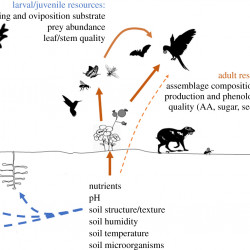
05 April 2024
A co-funded study, conducted by project partner Spanish National Research Council in collaboration with the Federal University of Goiás, University of Coimbra and the Centre for Ecology, Evolution and Environmental Changes, investigates the impact of human-induced changes in soil properties on pollinators and seed dispersers, as well as the mechanisms...
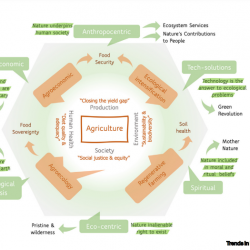
29 February 2024
A newly published study, funded by SHOWCASE and composed by project partners from the Spanish National Research Council and Wageningen University, examines the communication challenges and strategies associated with promoting biodiversity conservation within agricultural contexts, aiming to bridge the gap between scientific evidence and practical implementation...
